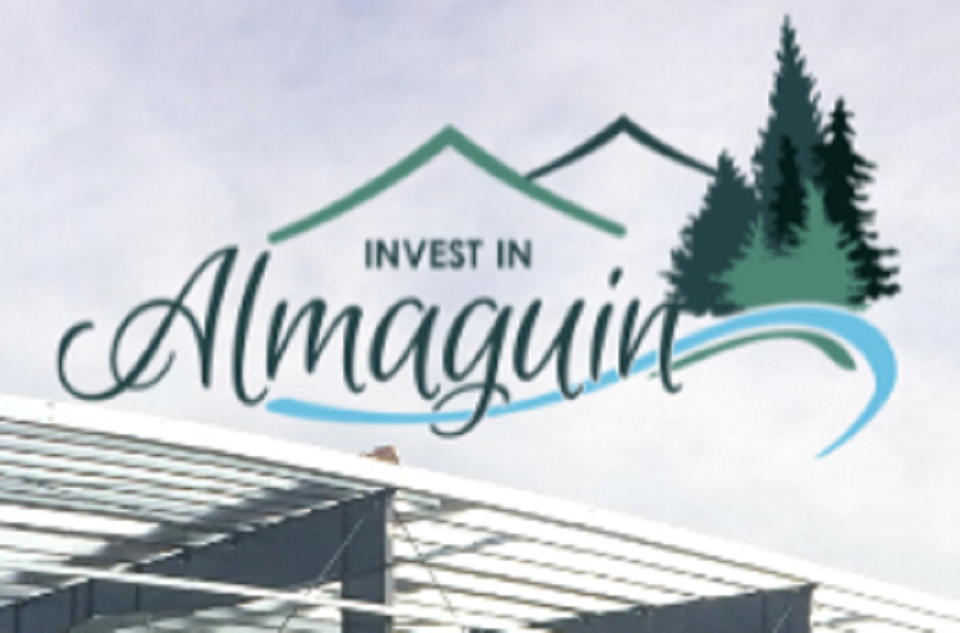The municipalities that are part of Almaguin Community Economic Development (ACED) are being asked to start thinking about how the organization will be funded after June, 2023.
Burk's Falls councillor John Wilson says that's when FedNor funding from its Community Investment Initiative for Northern Ontario (CIINO) program runs out.
ACED also received money from the Northern Ontario Heritage Fund Corporation, but of the two government agencies, FedNor is the larger contributor.
Wilson says FedNor's CIINO grant provided $425,000 over three years and that money helped fund many of the initiatives ACED has overseen over the last couple of years.
ACED began with 10 member municipalities each contributing $10,000 a year except for the Township of Joly, which put in $5,000 because of its smaller size.
The Almaguin Chamber of Commerce also contributed $10,000 annually creating an annual municipal/chamber combined share of $105,000 for the budget.
However, Magnetawan is quitting the organization this year, leaving it up to the nine remaining municipal member communities to work out a budget among themselves if FedNor isn't on board with future funding.
Wilson told his council colleagues ACED wants a sense of how the remaining councils feel about increasing their annual contributions to keep the economic agency going.
Wilson said ACED is the only standalone economic agency in the area and was created because individually, the Almaguin communities are too small to each have their own Economic Development offices.
However, by pooling their financial resources, they can all share the services one economic office can provide to them.
But Wilson said the cost to run the office is the challenge and wonders how much money the municipalities are willing to commit.
“We have to come to grips with how important is ACED and can we justify a contribution greater than what we currently do,” Wilson told his council colleagues.
“So the federal funds got us launched. When that ends, the hope is the contributing partners see the value in it, pick it up and continue it. That's where we're at.”
Wilson says ACED created several funding model options for the municipalities to consider. Each model contains recommendations on how to annually fund a $300,000 budget or $400,000 budget.
Each option includes a base contribution from each municipality and then the municipalities would pay the remainder of their share-based either on the number of homes in their community, the population, commercial and industrial assessments, or household assessments.
But Wilson said each option created huge discrepancies among the municipalities and what each would contribute.
Wilson said the ACED board reached an agreement to blend the assessment, population, and household options to form one funding formula to create a contribution method that was as fair as possible for all member municipalities.
For Burk's Falls, helping to create a $400,000 budget would cost it $28,924 under the blended scenario.
Under the households or population options, Burk's Falls would pay slightly more but pays about $6,000 less under the assessment options.
Under the blended option Powassan, for example, would be looking at a bill for $72,780 but if ACED only based the municipal contributions on population, then Powassan's share would jump to more than $91,000 while it pays considerably less if contributions are based on only the assessment or household options.
For South River, which is expected to debate the issue at its first council meeting in April, the blended option would cost it $29,565 while its share when based on assessment would drop to $20,940.
But South River's share is more than $36,000 and $31,000 if the calculations are based on populations and households respectively.
Wilson said Burk's Falls council will have to debate going from an annual $10,000 contribution to almost triple that amount and the trick will be finding those extra dollars.
And the debate will be a similar one for the other eight remaining members.
Wilson left it as an open question and asked if the communities adopted the blending funding model would the federal and provincial governments step up with some upfront money to help with the operations.
Besides Burk's Falls, Joly, South River and Powassan, the other remaining member communities are Armour, Perry, Ryerson, Strong and Sundridge.
Rocco Frangione is a Local Journalism Initiative reporter who works out of the North Bay Nugget. The Local Journalism Initiative is funded by the Government of Canada.



